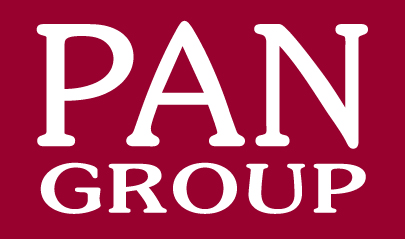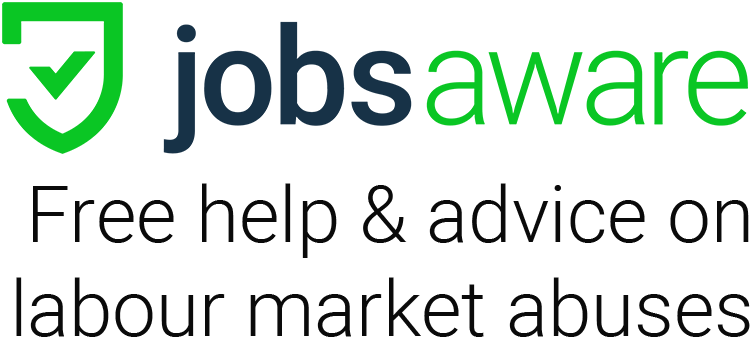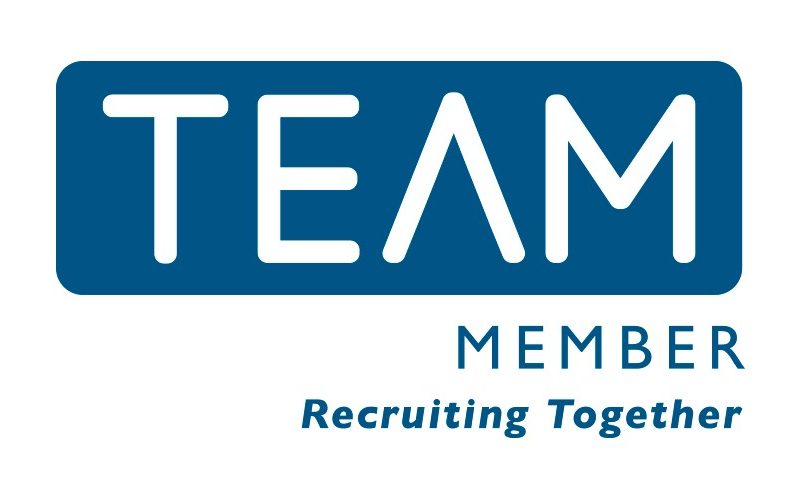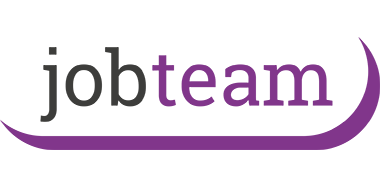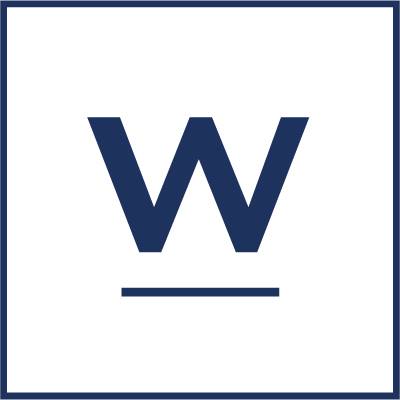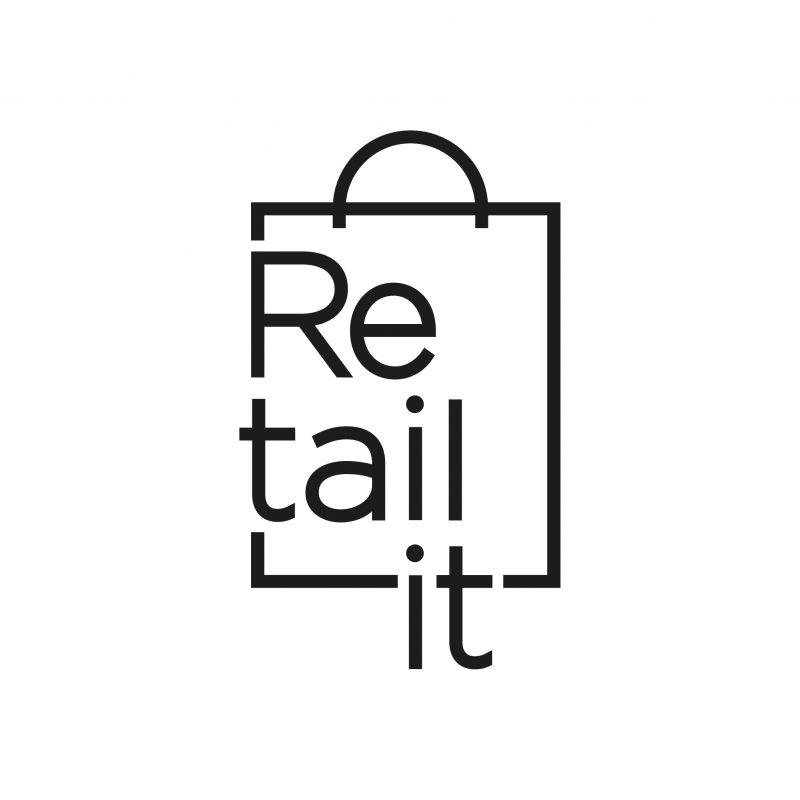Our Blog Posts
International Women’s Day 2019
8th March 2019 | Career AdviceMotivational
A bit of history…
International Women’s Day takes place on the 8th March yearly and is widely observed for its importance in history as a day of anti-sexism and anti-discrimination. In many places around the world, the day is treated as a day of protest, but for others it is a celebration of womanhood and the equal rights breakthrough of the 20th century.
Soviet Russia became the first country in 1917 to announce March 8th as a national holiday following women’s gain of suffrage. The day was then predominantly celebrated by the Socialist movement and Communist countries until it was adopted in 1975 by the United Nations. By 1977, the UN General Assembly invited member states to proclaim March 8th as the UN day for women’s rights and world peace.
This week also marks National Careers week in the UK and is a celebration of careers guidance and free resources in education across the country. In light of Careers Week and International Women’s Day overlapping, we have put together a little information regarding a number of Business women we feel are worth acknowledging and commending.
We had the pleasure of asking a few questions to local businesswoman, Chief Executive of Gold Group International, Ann Summers and Knickerbox, and supporter of local businesses; Jacqueline Gold. Below are a few of Jacqueline’s thoughts and experiences being a successful woman in business:
What was your initial inspiration to break into the business world?
Female Empowerment has always been the biggest driving force behind my move into business. When I was younger saw that my mother had very little confidence and that rubbed off on me. She was a woman who had a fear of life and liked to live an unadventurous existence which was quite hard for me and my sister. After having multiple jobs my confidence started to grow and I realised there was a link. A huge part of that confidence is being financially independent and I didn’t want to have to rely on anyone else for money. So that pushed me into business in a big way.
What has been your biggest motivation?
Getting more women in the workplace is a cause that’s so close to my heart and I made sure I pushed to change as soon as I got into the business. When I started, Ann Summers had an all-male board and I’m proud to say we now have over seventy percent women. It is awesome to see the change. My other great motivation was having my daughter Scarlett, nine years ago. Being a mother to a girl growing up in 2019, I’m a firm believer in empowering women from when they are little girls. Social conditioning plays a big part in the way society is today and it is the way we were brought up, boys are expected to be strong and brave and girls to be perfect.
If we continue to raise our children with this mindset, we have to ask ourselves is it any wonder that boys grow up and expect women to be pouring them tea in business meetings instead of speaking their minds?
I want Scarlett to grow up having bundles of confidence and believe that she can be whatever she wants to be. When she was five years old, I took her along to a conference to watch me speak as I wanted her to see that this is a normal thing which mummy does and not just something that men do.
What are the biggest challenges you have faced as a businesswoman?
When I was opening the first store in Ireland, I received a bullet in the post, which was chilling to say the least. I wanted to open a store in Dublin but when the city’s council found out they were immediately up in arms, asking me to hide the store on a back street, which I was not going to do. When I met two of the council’s representatives, they told me that if I opened the store, they couldn’t be held responsible for what might happen to me. I did question my decision for a second but then I thought ‘I’m not going to let anyone tell me what I can and can’t do with my own business.
A week before the store opened, I received the bullet. Shortly after I was then invited to go on the Late Late show and lo and behold, sitting at the front of the stage were those two men. One of them stood up shouting about how this was terrible for Ireland and it shouldn’t be allowed. Then, this woman at the back stood up, pointed at him and shouted “How dare you tell us where we can and can’t shop”, and the rest of the audience followed suit. Dublin became one of our top three performing stores.
Another testing time was in 2004 when the government actually told us we could no longer advertise in job stores and that really put us on the back foot, staff-wise, to our competitors. So, I took them to High Court and we won, based on the argument that it should be up to the individual where they choose to work. Ironically, because the case got so much publicity we didn’t need to advertise for a long time after that!
How did you first choose the industry you have clearly excelled in?
My dad had bought the business when I was a child and they were, essentially, shops full of what people called, the ‘raincoat brigade’ buying sex toys and videos. I realised not long after that I wanted to make it much more accessible to women because they should have just as much say when it came to sex. When I was doing work experience at the age of 19, I went to a Pippa Dee party and spoke to women who were desperate to be able to make their own minds up about sex. They didn’t want their husbands to decide what they wore and how they spiced things up in the bedroom. And I thought ‘I have to allow women to do this’. So, I went to the Ann Summers Warehouse, picked up some toys and underwear, and had my own party.
I knew there was something in this and it had to be for women and women only.
Is there anything you would change about your career, and why?
The only regret I have is that I didn’t network as much as I should have. If I could go back and change anything about my career it would be to network my socks off. That’s why I started my #WOW (Women on Wednesday) competition on Twitter which aims to recognise and celebrate great female entrepreneurial businesses. I get so many entries and it is wonderful to encourage and mentor new talent
Below we’ve highlighted a few business women in Technology worth acknowledging for their achievements for Women’s rights, Women’s health and Women in the workplace in recent years.
Chantelle Bell
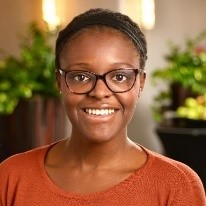 Chantelle Bell appears on the Forbes Top 50 Women in Tech 2018 for her notable achievements in recent years. From the United Kingdom, Bell graduated from Cambridge University with a Degree in Bioscience and went on to co-found Syrona Women with the intention of empowering women. The company provide at home fertility kits, similar to pregnancy tests, enabling women to test themselves for cervical cancer at home. The start-up is raising hundreds of thousands of dollars, recognising Bell for the breakthrough in women’s health.
Chantelle Bell appears on the Forbes Top 50 Women in Tech 2018 for her notable achievements in recent years. From the United Kingdom, Bell graduated from Cambridge University with a Degree in Bioscience and went on to co-found Syrona Women with the intention of empowering women. The company provide at home fertility kits, similar to pregnancy tests, enabling women to test themselves for cervical cancer at home. The start-up is raising hundreds of thousands of dollars, recognising Bell for the breakthrough in women’s health.
Manal Al Sharif
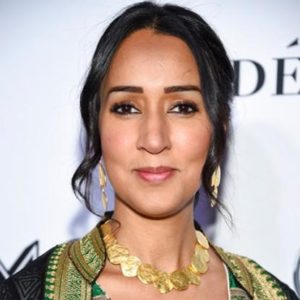 An Australian of Saudi Arabian descent, Manal rose to fame after she posted a video of herself driving a car in Saudi Arabia. Consequently, she was thrown in jail for 9 days. Following this nationwide scandal, she went on to kick start a women’s activist movement in 2011, which has subsequently resulted in the conservative country reversing its laws to allow women to drive in 2018. Manal became the only woman working as an IT security specialist at a state-owned oil producer, and has gone on to found the Women2Hack Academy; a program that aims to foster tech talent in Saudi Arabia with a focus on Information Security.
An Australian of Saudi Arabian descent, Manal rose to fame after she posted a video of herself driving a car in Saudi Arabia. Consequently, she was thrown in jail for 9 days. Following this nationwide scandal, she went on to kick start a women’s activist movement in 2011, which has subsequently resulted in the conservative country reversing its laws to allow women to drive in 2018. Manal became the only woman working as an IT security specialist at a state-owned oil producer, and has gone on to found the Women2Hack Academy; a program that aims to foster tech talent in Saudi Arabia with a focus on Information Security.
Maria Klawe
 Klawe is most famously known for being the 1st female president at Harvey Mudd College, a private science and engineering college in California, and a notable Silicon Valley recruiting ground. Under Klawe’s leadership, the enrolment of women went up to over 50% in CS and Physics, and between 42% – 55% in Engineering. She also hired the first female Dean of Faculty and filled 6-7 academic departments with women, all for the first time. Prior to joining Harvey Mudd, Maria Klawe served as the Dean of Engineering and Professor of computer science at Princeton University.
Klawe is most famously known for being the 1st female president at Harvey Mudd College, a private science and engineering college in California, and a notable Silicon Valley recruiting ground. Under Klawe’s leadership, the enrolment of women went up to over 50% in CS and Physics, and between 42% – 55% in Engineering. She also hired the first female Dean of Faculty and filled 6-7 academic departments with women, all for the first time. Prior to joining Harvey Mudd, Maria Klawe served as the Dean of Engineering and Professor of computer science at Princeton University.
Jean Liu
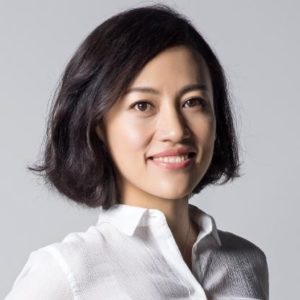 Jean Liu, a young entrepreneur from China, joined rideshare start-up Didi Chuxing (or just ‘Didi’, as its more widely known) in 2014. Since then, Didi has evolved into China’s largest mobile transportation platform, and recently won a turf war with Uber to sell its operations in China. The company cleared 1.4 billion rides in 2018 alone, more than Uber has ever done. Didi operates in over 400 cities across china and is worth $50 billion dollars, making it one of the most valuable start-ups in the world. In 2017, 37% of Didi’s tech positions belonged to women. Liu ensures women possess equal opportunity to rise to the top.
Jean Liu, a young entrepreneur from China, joined rideshare start-up Didi Chuxing (or just ‘Didi’, as its more widely known) in 2014. Since then, Didi has evolved into China’s largest mobile transportation platform, and recently won a turf war with Uber to sell its operations in China. The company cleared 1.4 billion rides in 2018 alone, more than Uber has ever done. Didi operates in over 400 cities across china and is worth $50 billion dollars, making it one of the most valuable start-ups in the world. In 2017, 37% of Didi’s tech positions belonged to women. Liu ensures women possess equal opportunity to rise to the top.






















